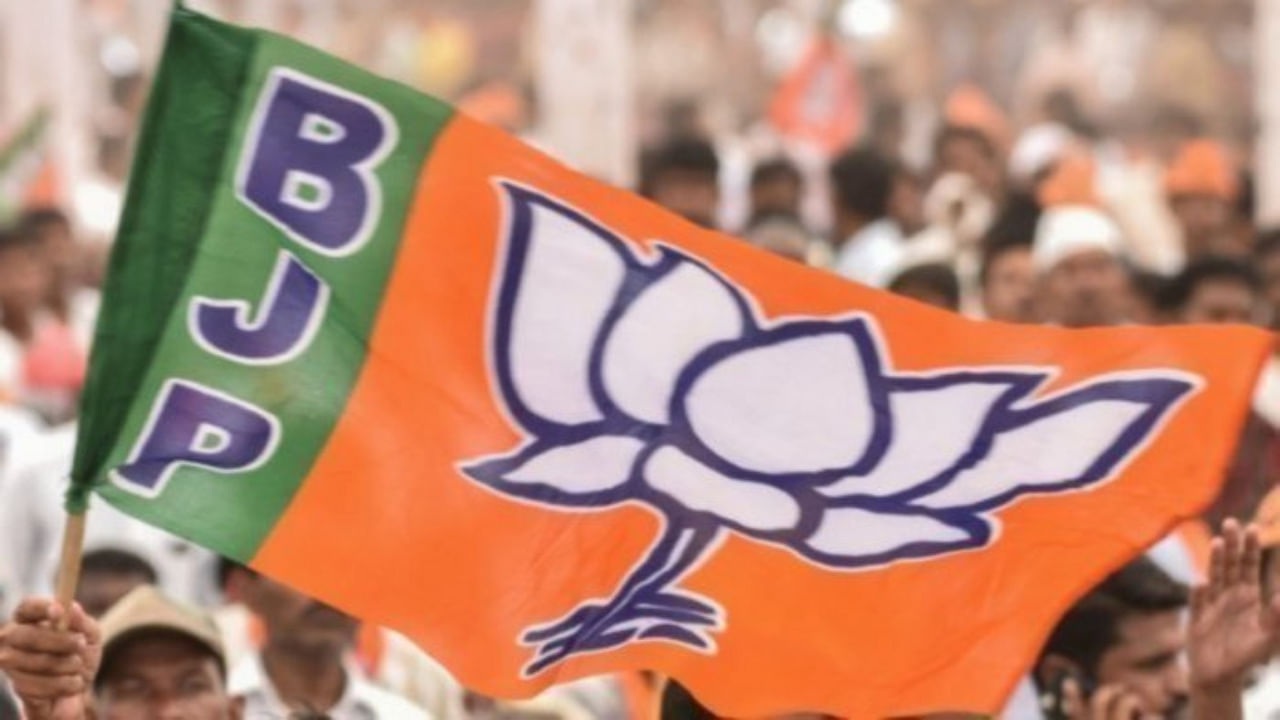
As the adage goes, ‘India does not cast its vote, but votes its caste’, the voting patterns of several communities in Karnataka can be categorised based on caste equations.
The social engineering led by former Chief Minister Ramakrishna Hedge ensured that there is a consolidation of the upper-caste votes in favour of the Bharatiya Janata Party (BJP) in the 12th Lok Sabha election. Since then, the Lingayat and Brahmin communities have remained the BJP’s core voter base; the Kurubas, the Muslims, the OBCs, and the Schedule Caste (SC) and the Schedule Tribe (ST) communities (Ahinda) have become the Congress’ core voter base; and, the Vokkaliga community have become the Janata Dal (Secular)’s core voter base.
However, in the run-up to the Karnataka assembly elections, which will take place on May 10, the BJP has gone beyond catering to its traditional voter base and have reached out to the Ahinda and Vokkaliga community.
For the Vokkaligas, which accounts for ~11 per cent of Karnataka’s population, the Basavaraj Bommai-led BJP government increased their reservation by 2 percent. For the Kuruba community, which accounts for ~7 per cent of the population, the Narendra Modi-led BJP government at the Centre catered to the Betta (Hill) Kuruba subsect of the Kuruba community by increasing its reservation through its inclusion in the list of STs in Karnataka. Recently, Bommai also stated that the government would be recommending the inclusion of the Kadu and Banda Kurubas into the ST category.
For the Muslim community, which accounts for ~16 percent of the population, despite its hardliner Right-wing stance the BJP has decided to reach out to the marginalised Nadafs/Pinjara Muslims. According to Karnataka State Nadaf/Pinjara Sangha President, the Nadaf community stands ~3 million strong. Recently, Muslims were moved to economically weaker section (EWS) which, according to Bommai, has a 10 percent reservation as against their traditional 4 percent under the OBC category.
For the SC community, which accounts for ~19.5 per cent of the population, Bommai has not only hiked the reservation by 2 percent but also provided an internal reservation of 6 percent for the SC left, 5.5 per cent for the SC right, 4.5 per cent for the touchable (Banjara, Bhovi, Koracha, Kuruma, etc.), and 1 percent for others in the Scheduled Castes. For the Schedule Tribes, which accounts for ~5 per cent of the population, the BJP government hiked their reservation by 4 per cent.
This led to widespread protests from the Banjara community among other SC Right groups such as Bhovi, Koracha, Korama etc. that strongly oppose the internal reservations within the SC community. It led to stones being pelted on the residence of former Chief Minister BS Yediyurappa.
Even earlier during this election season, when the BJP had initially announced the hike in reservation for the SCs and the STs, it had resulted in a series of protests. While the SC left demanded internal reservations, the Vokkalingas demanded a hike in their reservation quota and the inclusion of 115 subsects of the community into the central OBC list. The Basavaraj Bommai government responded to this challenge by carving out 10 per cent reservations for Lingayats and Vokkaligas from the Economically Weaker Section (EWS) category.
However, it triggered protests by the Brahmin community which felt that this move was ‘anti-Brahmin’ since Lingayats and Vokkaligas were already availing reservations in the OBC category. These events came to a halt when the High Court of Karnataka stayed the government's decision to provide 10 percent reservation for Vokkaligas along with the Lingayats under the EWS category. The stay was vacated by the division bench of the high court a day before the BJP government came up with their new reservation matrix.
Against this backdrop, it will be interesting to see how the outreach by the BJP to the Vokkaliga and Ahinda political community would play out when it comes to their electoral preferences. On May 13, it will be known how Karnataka has voted, and whether the BJP has won over the Ahindas and Vokkaligas.
(Jehosh Paul is a research consultant associated with the Congress. Views expressed are personal.)
Disclaimer: The views expressed above are the author's own. They do not necessarily reflect the views of DH.